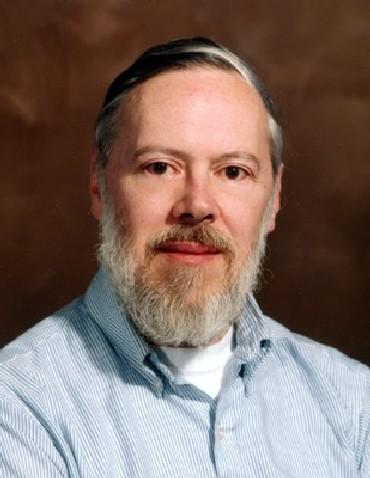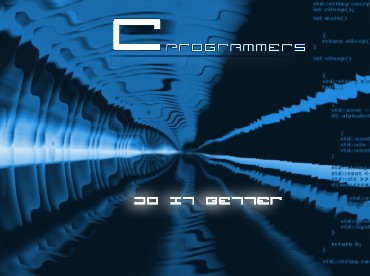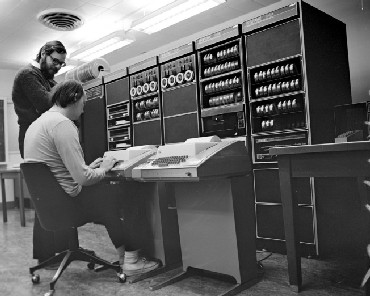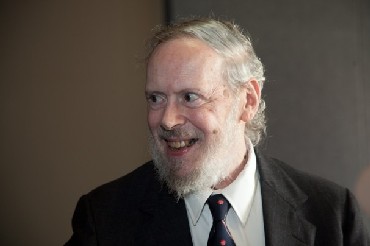
Last week, the whole world mourned the death of Apple co-founder and former CEO Steve Jobs. As sad is the event, very few noticed the death of another computer visionary - Dennis Ritchie.
Dennis Ritchie is the father of the C programming language that he and fellow Bell Labs researcher Ken Thompson used to build UNIX.
The New York Times reported that Ritchie died on October 12 after a prolonged illness at age 70.
It quoted Ritchie's brother Bill as saying Ritchie, who lived alone, was in frail health in recent years after treatment for prostate cancer and heart disease.
...

In the late 1960s and early 1970s, working at Bell Labs, Ritchie made a pair of lasting and very significant contributions to computer science.
The C programming language, a shorthand of words, numbers and punctuation, is still widely used today, and Ritchie also build successors like C++ and Java.
It's free, open-source variant, Linux, powers many of the world's data centres, like those at Google and Amazon, and its technology is the foundation of new OSes, including Apple's Mac OS X and iOS.
...

Ritchie joined the programming division of Bell Labs in 1967. In fact, he has a long association with Bell Labs.
His father, Alistair Ritchie, also had a long career with Bell Labs, and had co-authored an influential technical book, The Design of Switching Circuits (1951).
Dennis was born in the northern New York suburb of Bronxville, and grew up in New Jersey, where Bell Labs had its Murray Hill site.
He studied physics and applied mathematics, and followed it with a PHD in computer science from Harvard University.
...

When Ritchie arrived at the research organisation, many big software projects were in crisis - people were just beginning to learn that writing large programmes was terrifyingly difficult and expensive.
That's when Unix and C were designed to open up computing to more people and collaborative working styles. Ritchie, Thompson and their Bell Labs colleagues were making not merely software but, as Ritchie once said, "a system around which fellowship can form."
However, this idea was not immediately appreciated by their managers at Bell Labs, and they had to work on an obsolete computer to develop Unix. The computer had just 16 kilobytes of memory, and this alone was an encouragement to keep things simple.
...

Further, C, like Unix, was designed mainly to let the growing ranks of professional programmers work more productively. And it steadily gained popularity.
With Kernighan, Ritchie wrote a classic text, "The C Programming Language," also known as "K & R" after the authors' initials, whose two editions, in 1978 and 1988, have sold millions of copies and been translated into 25 languages.
It is reported that colleagues who worked with Ritchie were struck by his code - meticulous, clean and concise.
...

If we have to compare Jobs to Ritchie, then one can say Jobs built products that people really like to use, while Ritchie built things that technologists were able to use to build core infrastructure.
And, what is similar is that Jobs and Ritchie's products are used everyday and one can't imagine what it would be to live without these products.
On personal front, Ritchie travelled widely and read voraciously, but friends and family members say his main passion was his work. He remained at Bell Labs, working on various research projects, until he retired in 2007.